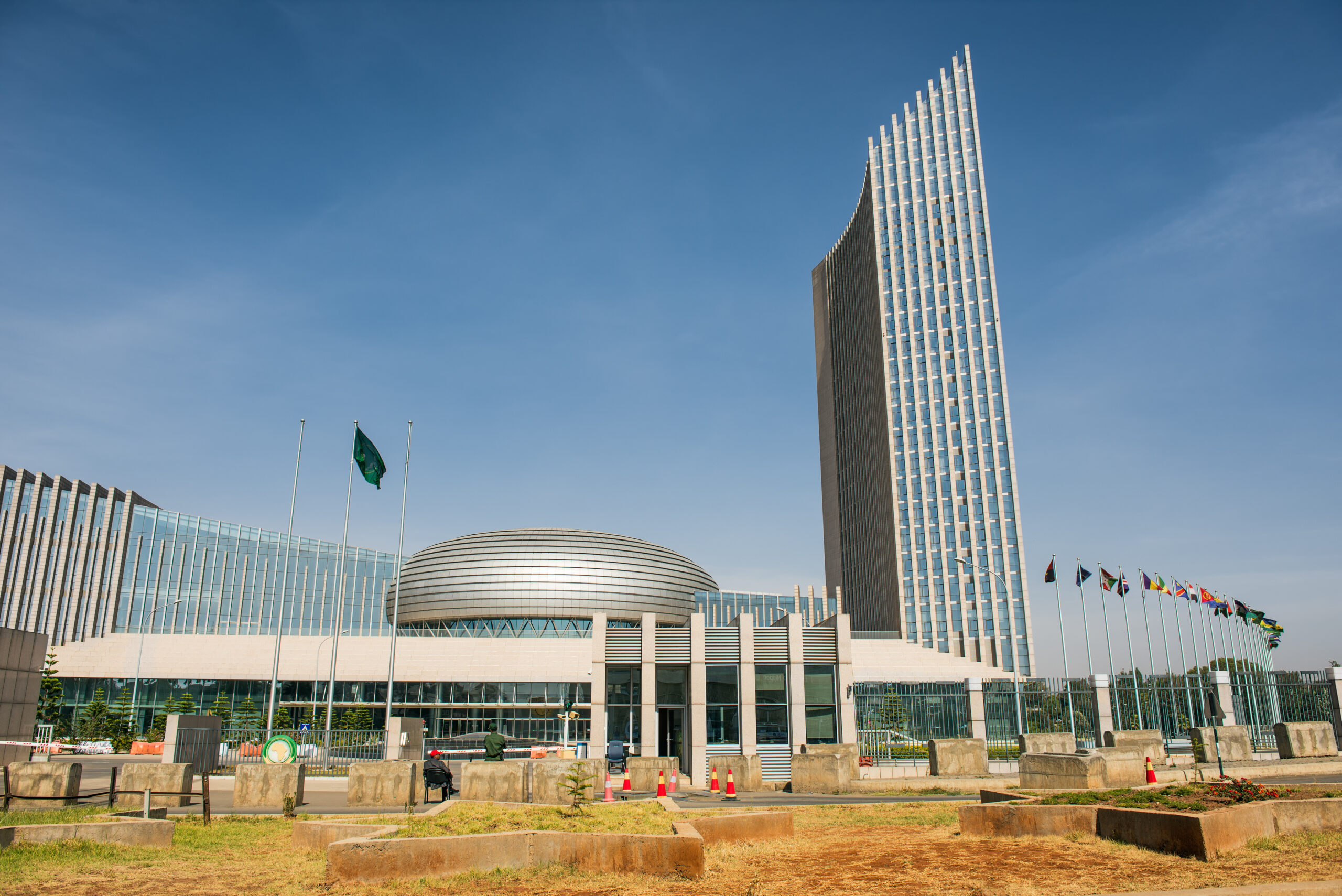Potential obstacles in Raila’s bid for AUC job even as State machinery prepares for the campaign.

Azimio La Umoja One Kenya Coalition leader Raila Odinga’s fate for the position of African Union Commission (AUC) chairperson hangs on the decision of the African heads of state and government following the introduction of gender angle.
A draft report on the preparation for the election of the senior leadership of the African Union Commission (AUC) slated for February 2025 proposes that, in order to uphold the principle of rotational gender parity, it was concluded that the next chairperson of the commission should be a female, while the next deputy chairperson is a male.
The Permanent Representatives Committee of the African Union (AU) had also proposed a series of changes to the electoral rules that would bar member states that have held the chair and deputy chair seats since 2002 from contesting next year’s election.
According to this 2018 decision, the position is rotational, and therefore, the next AUC chairperson should come from the Eastern Africa region. It implies that only Tanzania and the other countries in the eastern region are eligible to nominate a candidate for the continental body’s top seat.
If these proposals are adopted by the heads of state and government, it would spell doom for Mr Odinga’s bid because Kenya and Rwanda have previously held the deputy chair position.
However, decisions at the AU are usually made by consensus, implying that a single ‘No’ vote will prevent the proposal from becoming law.
The proposals also state that the six commissioner positions will be distributed equally by gender across the three regions, with each eligible region getting a chance to nominate at least two candidates (male and female).
Moreover, each region will establish its formula to determine how to nominate candidates for the portfolio(s) for which a region is eligible.
This development comes even as the government is set to actively campaign for Mr Odinga, who is seeking to replace Chad’s Moussa Faki Mahamat as the next chairperson of the AUC once his term expires in early 2025.
President William Ruto has already expressed his support for Mr Odinga’s bid, and the government has formed a committee financed through the exchequer to campaign for the opposition leader.
A few days ago, Prime Cabinet Secretary Musalia Mudavadi announced that Kenya will be seeking the support of African countries to secure Mr Odinga’s bid. “We will be coming to you to seek support for our candidate,” Mr Mudavadi told the African Diplomatic Corps in Nairobi on March 4.
A day later, President Ruto called on the members of the East African Legislative Assembly (EALA) to fully back the candidature of Mr Odinga for the AUC chairperson seat. While addressing the special sitting of EALA in Parliament in Nairobi, President Ruto affirmed that East Africa’s heads of state summit, have endorsed that the region produces one candidate for the February 2025 AUC elections.
“It is time for East Africa to head the African Union Commission. It is good for our region, and we have agreed as heads of state that we front only one candidate for the seat,” President Ruto said.
Already, the collaboration between President Ruto and Mr Odinga is said to be assembling a dedicated campaign team to secure support from regional countries in favour of Mr Odinga’s bid. A campaign strategy includes personal outreach to regional leaders by the President and Mr Odinga, signalling a unified effort towards securing the seat. The President’s engagement with other heads of state is considered to be very crucial.
However, the civil society is urging the government not to fund Mr Odinga’s bid and instead should focus on addressing pressing issues affecting Kenyans amid challenging economic times.
“There is no way the government is stressing Kenyans with taxes then end up supporting a course that will not put food on our table. If the President wants to support Raila, then he should do so with his own money and not public funds,” said Bunge La Mwananchi Social Movement president Francis Awino during celebrations to mark the International World Social Justice Day in Nairobi.
The government has also been advised to tread carefully as it campaigns for Mr Odinga. According to Prof Peter Kagwanja, the Chief Executive of the Africa Policy Institute and a former government adviser, Kenya has to be less hubristic and more strategic to put before the African heads of state and government its best and ablest candidate for next year’s election. In an article published in one of the local dailies, Prof Kagwanja said, “A frenzied Kenya-style ‘Soko Mjinga’ campaign at roadside markets, media and political spaces is a crude tool that is cutting messily.” Additionally the country has no shortage of able and experienced candidates for the powerful African Union Commission seat.

